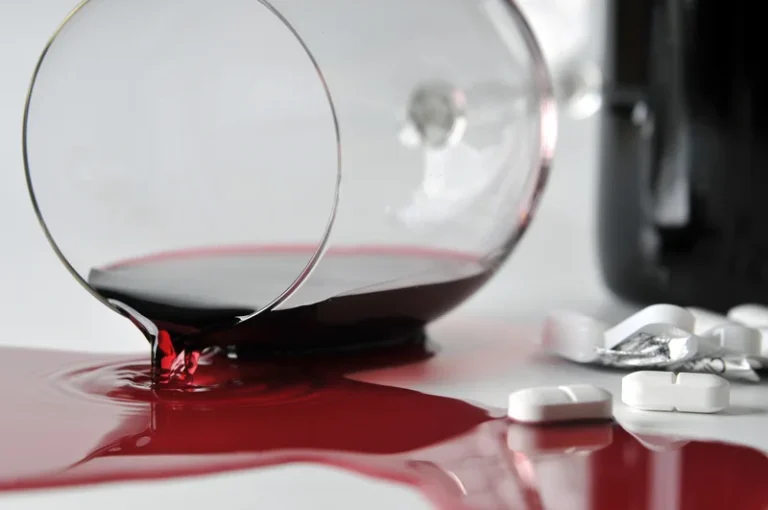Does Alcohol Make You Gain Weight? 5 Ways It Sabotages Weight Loss
Kantor na zakręcie Straty klientów idą w miliony złotych
October 16, 2023Как Продавать Свой Товар Через Интернет Eleven Способов Онлайн Торговли
October 26, 2023
Alcohol is an inflammatory substance, meaning it tends to cause swelling in the body. This inflammation may be made much worse by the things often mixed with alcohol, such as sugary and carbonated liquids, which can result in gas, discomfort, and more bloating. Besides weight gain, alcohol can also lead to irritation of your gastrointestinal tract, which can cause bloating.
How alcohol affects your weight loss
Some of these ingredients can be high in added sugars and calories, so they could contribute to a calorie excess. Alcohol may have various effects on your health that link to weight gain. Alcohol is high in empty calories and may affect hormones that signal does alcohol make you gain weight appetite, hunger, and stress. Cocktails and mixed drinks often have more calories than beer and wine. For example, a piña colada has as many as 500 calories per seven-ounce serving. Alcohol can reduce your blood sugar level, which may increase hunger.
- As you might know, pre-mixed spirits are lower in alcohol content than your traditional vodka (about 7% ABV, or alcohol by volume).
- Votrient can also cause a condition called thrombotic microangiopathy (TMA).
- Of course, if you’re just having a moderate amount of vodka every day, you’re probably not going to feel sick all the time.
- “If you drink a moderate amount of vodka before bed it might cause you to fall asleep faster and to sleep deeper,” he shared with The List.
Alcohol affects digestion and nutrient uptake
- Like a clog in a drain, those thickened fluids can jam up your ducts.
- Men are also more likely to drink beer, which is carbohydrate rich, and provides more energy than wine per standard drink [5].
- Alcohol is also high in calories but lacks nutrients supporting good health.
However, increased energy intake from alcoholic beverages is not the main reason excessive alcohol results in weight gain. What’s more interesting is the number of ways excessive alcohol affects your weight indirectly. Beyond adding energy to a meal, alcohol may actually stimulate food intake [5]. Of the 17 studies reviewed by Yeomans, ten showed increased food intake following alcohol consumption [5]. It is unclear whether alcohol promotes food intake in the absence of hunger; however, it has been noted that alcohol may amplify individuals’ perception of appetite in response to food stimuli [5].

Why Does Alcohol Make Me Bloated?

That’s because your body already has processes in place that allow it to store excess proteins, carbohydrates and fats. So, your system prioritizes getting rid of alcohol before it can turn its attention to its other work. Steatotic liver disease used to go by the name fatty liver disease. The only foolproof way to stop bloating from alcohol is not drinking in the first place. Sugar alcohols such as fructose, lactose, raffinose, and sorbitol are found in foods such as fruit. However, some sugar alcohols, such as sorbitol, may also be in some processed foods and beverages to sweeten them.

- The extent to which wasted energy from regular alcohol consumption contributes to weight gain prevention is unclear.
- When your body is using alcohol as a primary source of energy, the excess glucose and lipids end up, unfortunately for us, as adipose tissue, or fat.
- But if your liver doesn’t get better or you have severe liver damage, they may have you permanently stop taking Votrient.
- Plus, lower testosterone levels may affect quality of sleep, especially in older men.
Prospective studies have looked at the association between alcohol intake and adiposity gain in various populations, with follow-up periods ranging from several months to 20 years [4, 30, 31]. Results of these studies have been varied and do not provide a clear picture. Several studies have found no association or a negative association between alcohol intake and changes in weight, BMI or other measures of adiposity [12, 30, 32–39]. Other studies have found such an association only in women, while finding a positive association between obesity risk and alcohol intake in men [40].
The morning after a night of over-imbibing can cause some temporary effects on your brain. Things like trouble concentration, slow reflexes and sensitivity to bright lights and loud sounds are standard signs of a hangover, and evidence of alcohol’s effects on your brain. Pancreatitis can be a short-term (acute) condition that clears up in a few days. But prolonged alcohol abuse can lead to chronic (long-term) pancreatitis, which can be severe.

Your digestion may suffer if you drink too much vodka every night
A lot of people struggle to quit drinking once they start, so even if you have great intentions of sticking to practical drinks and cutting yourself off after two drinks, in reality, it might not be so easy. Still, these factors do contribute to a longer-term connection between https://ecosoberhouse.com/ alcohol and weight gain. If you want a happier, more stable life, one of the BEST things you can do for yourself is quit drinking alcohol. If cortisol triggers our fight or flight response, it is logical to cue the body to stock up on the energy we get by eating.
- Vodka has around the same amount of calories as any other type of alcohol (around 100 calories per shot).
- Excess alcohol can also turn to fat in your liver and can raise the amount of fat in your blood, says Sonya Angelone, R.D., a spokeswoman for the Academy of Nutrition and Dietetics.
- If you consume too much of it, you can develop alcohol poisoning or even die.
- These side effects may be temporary, lasting a few days to weeks.
